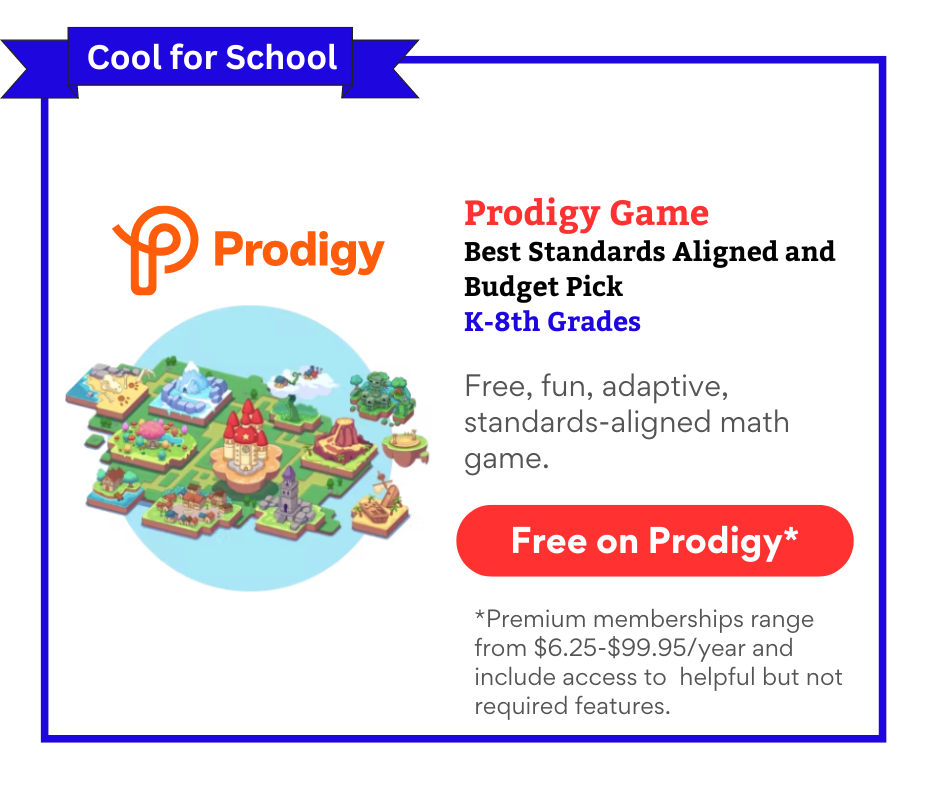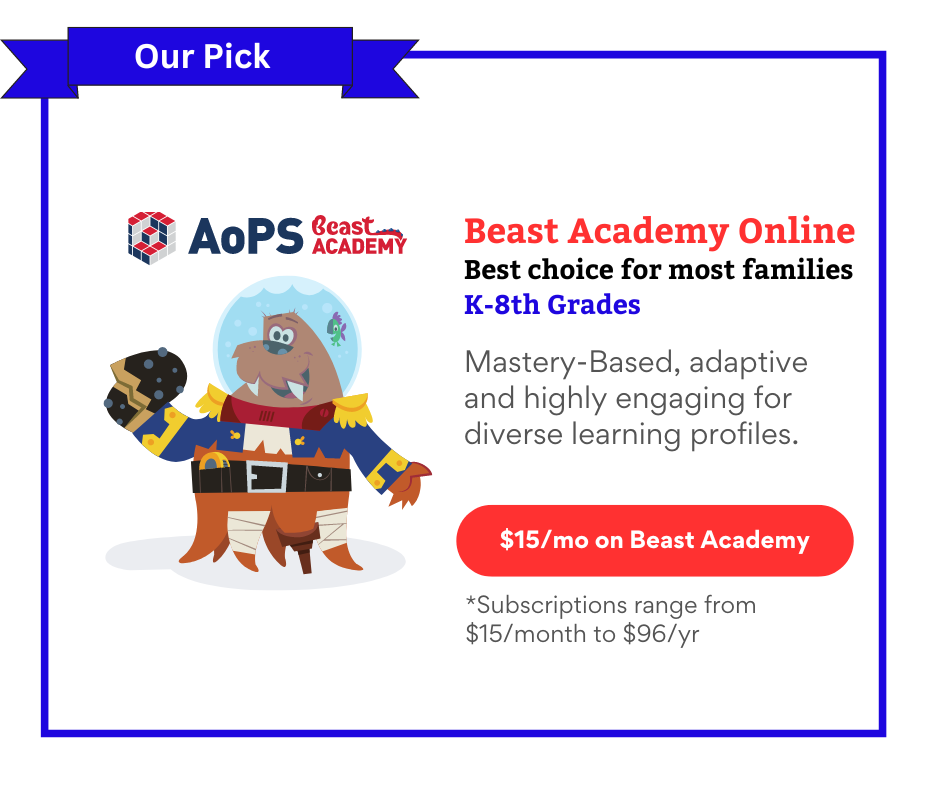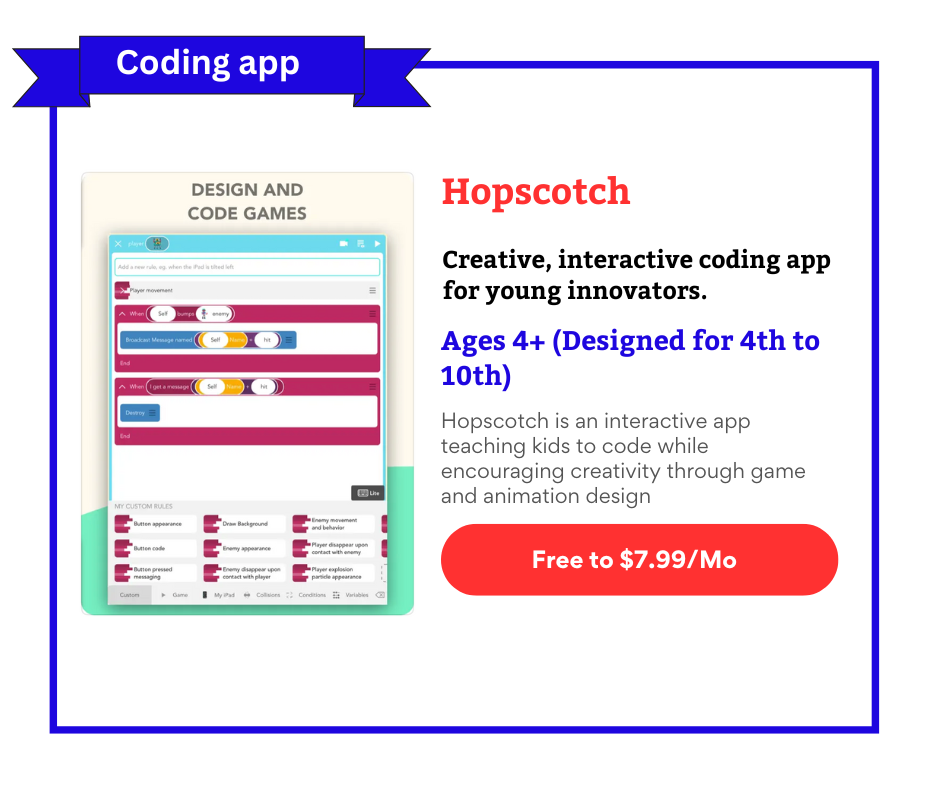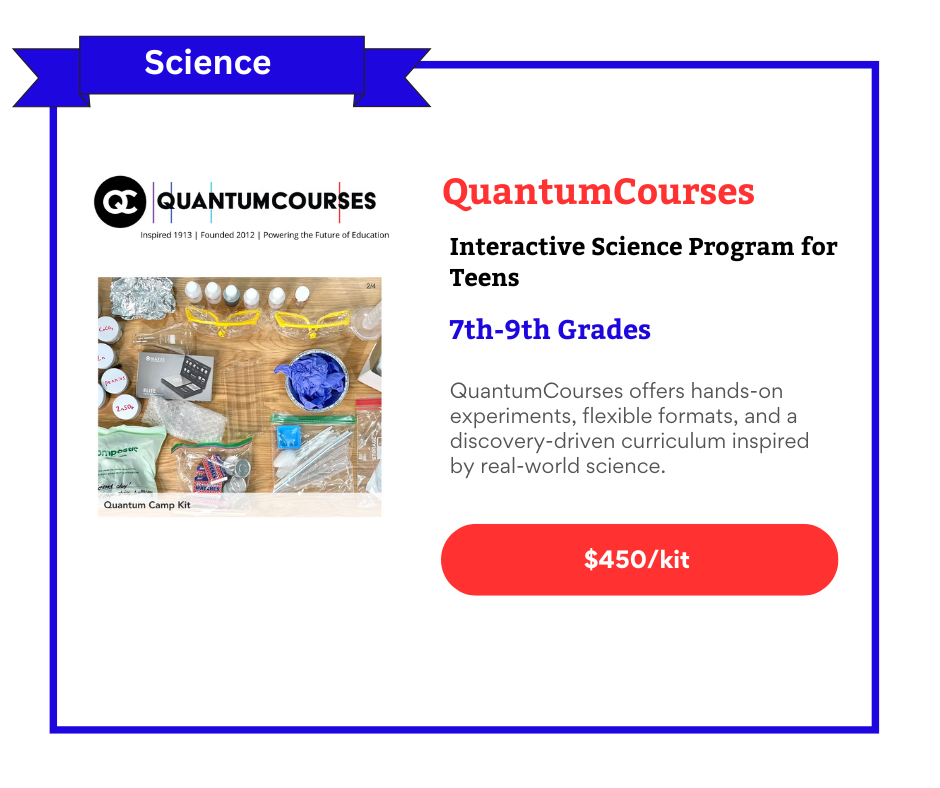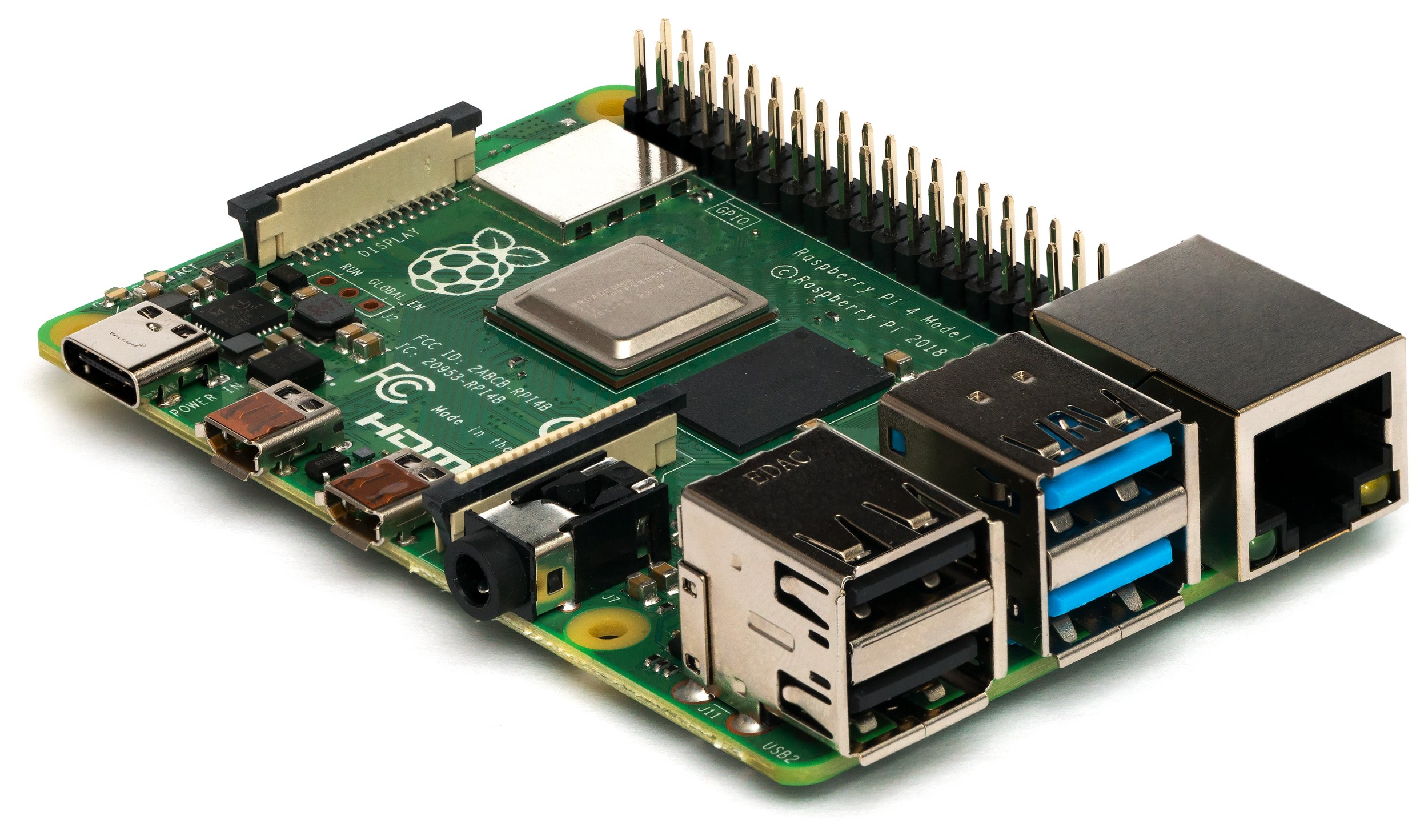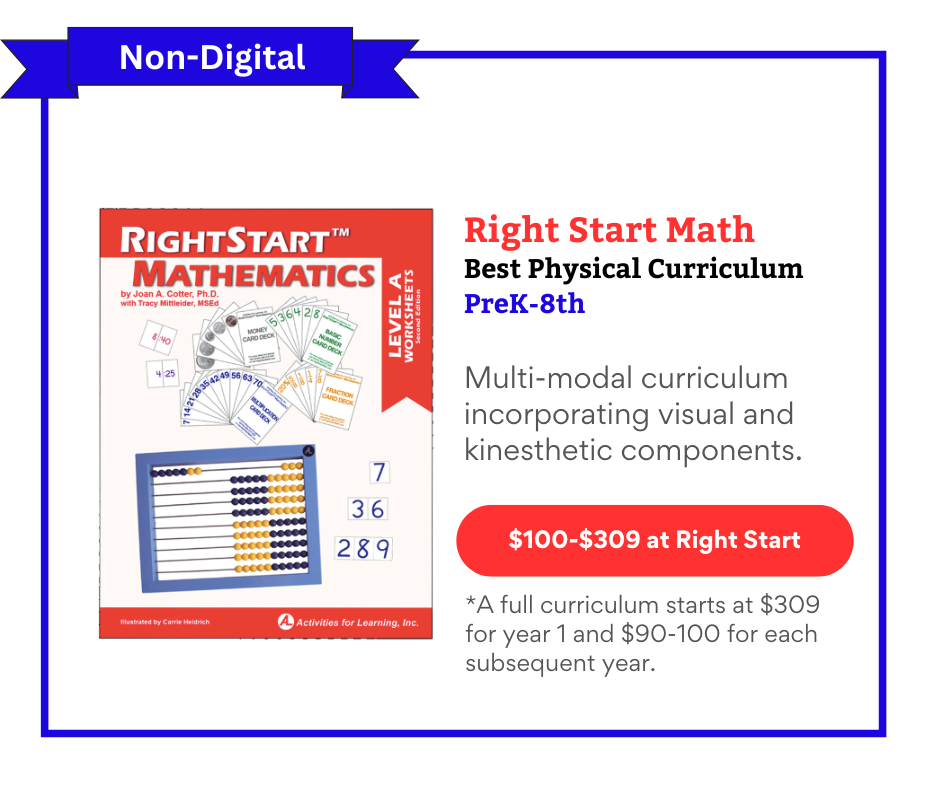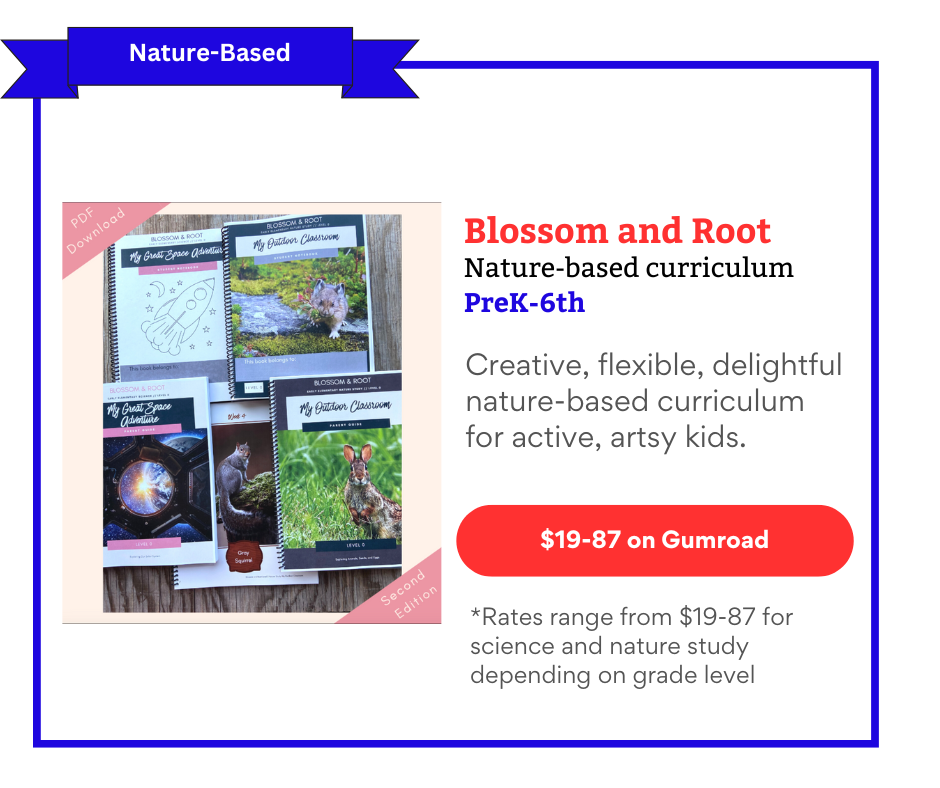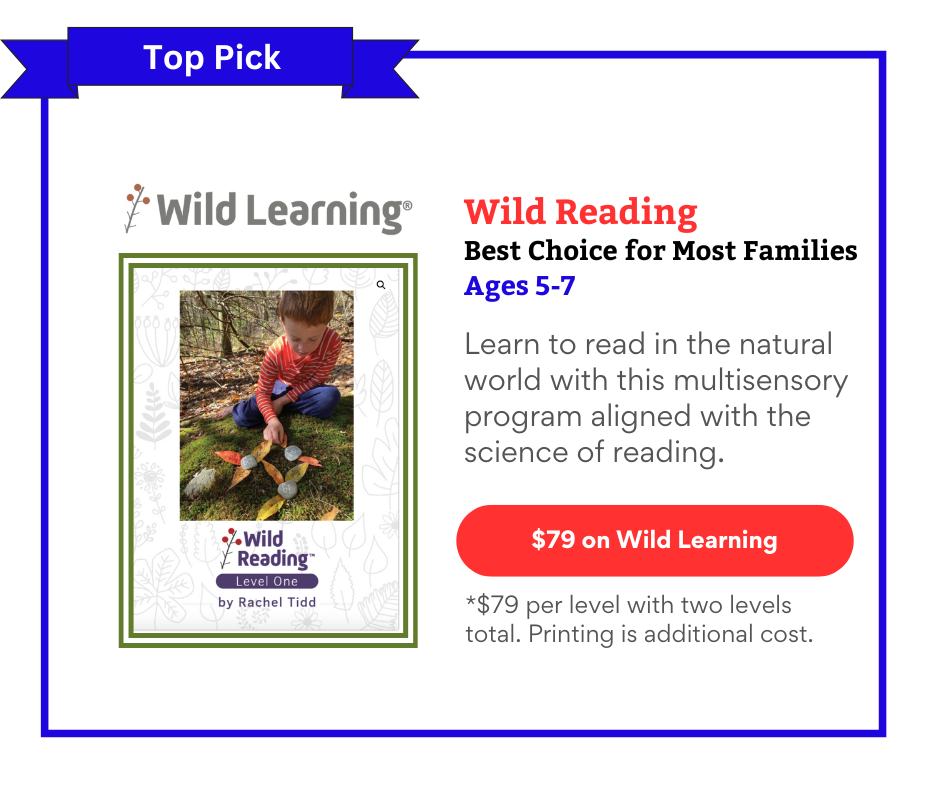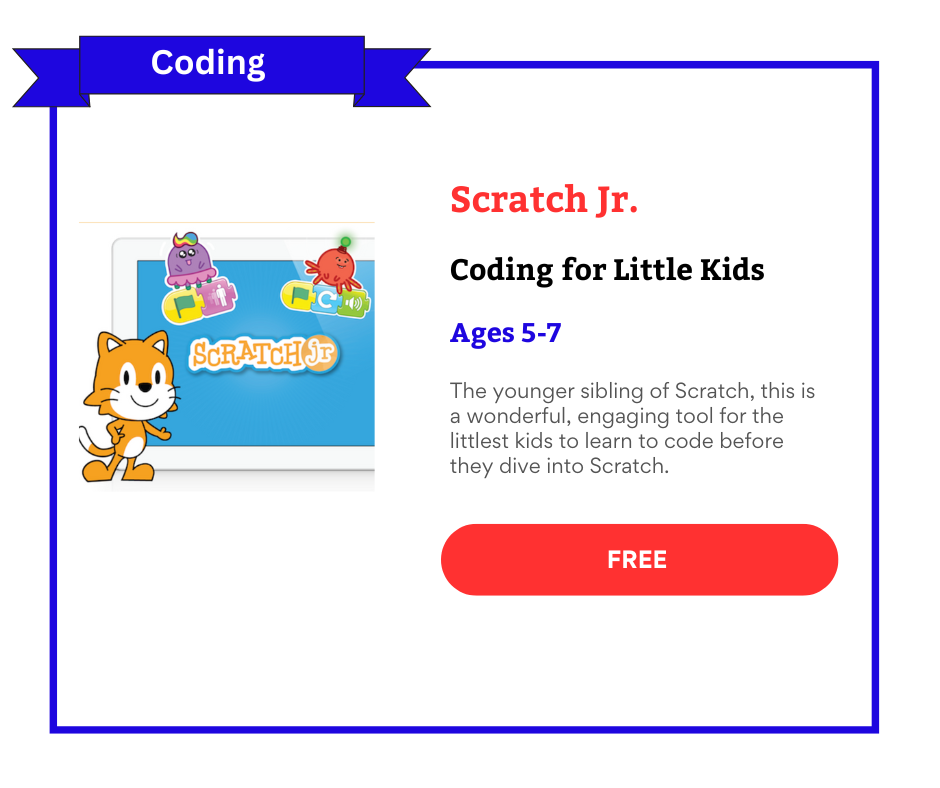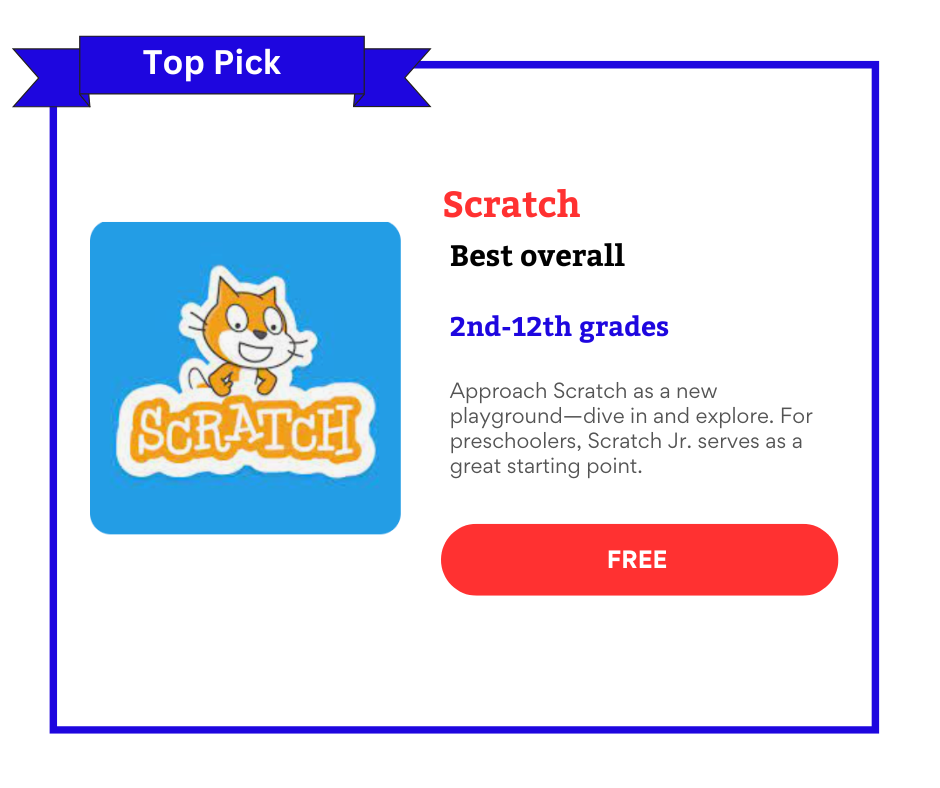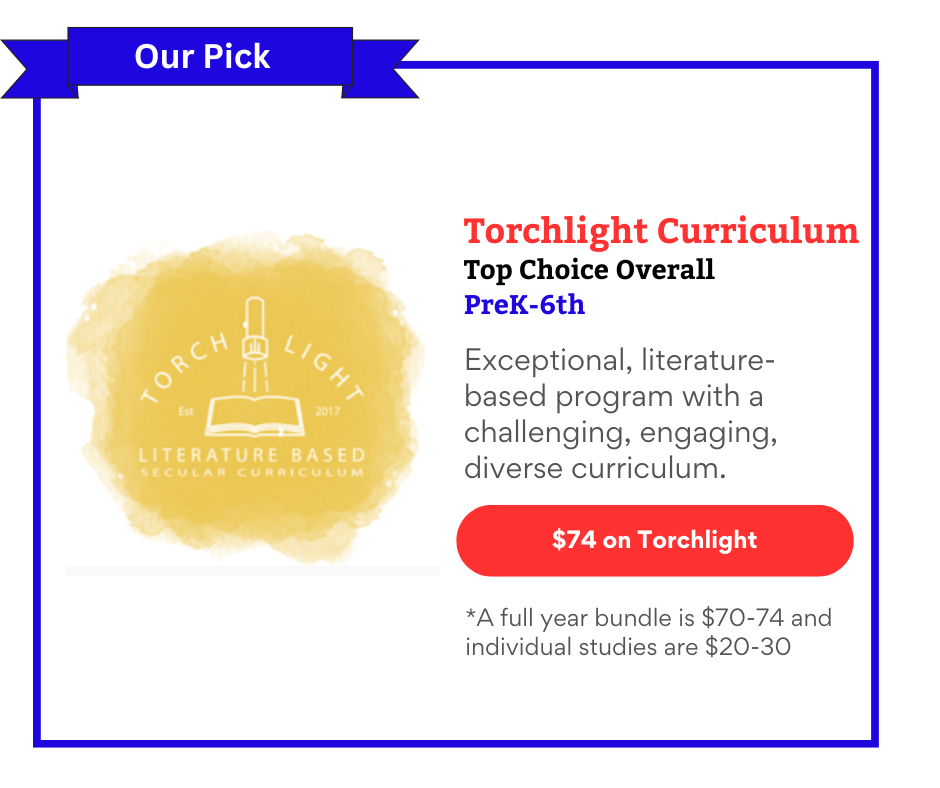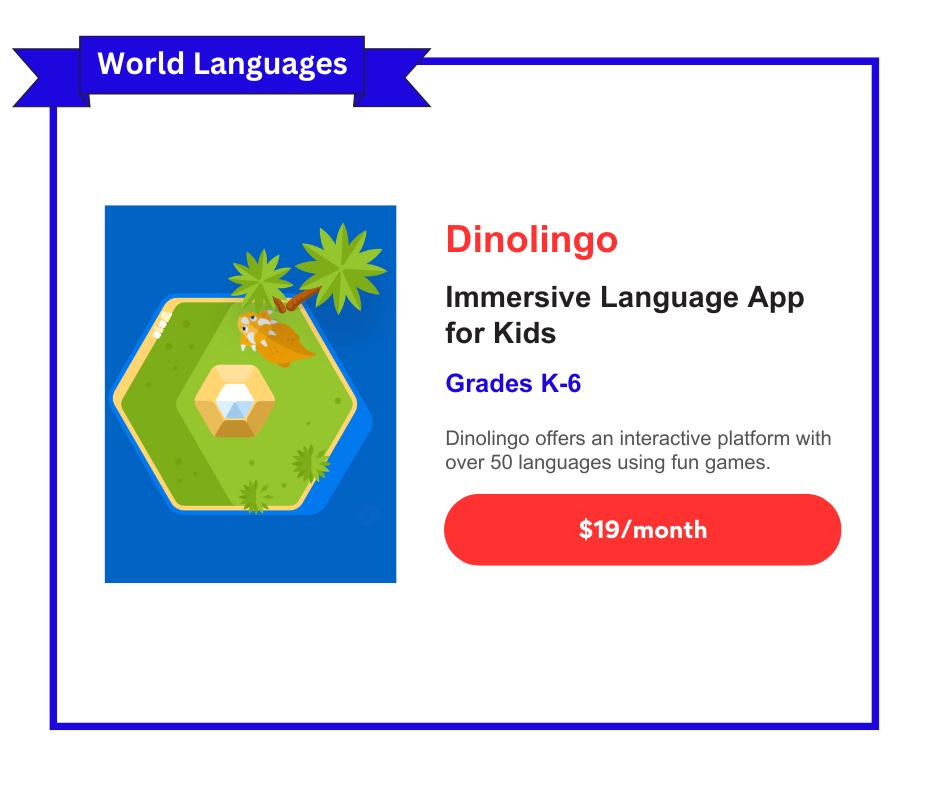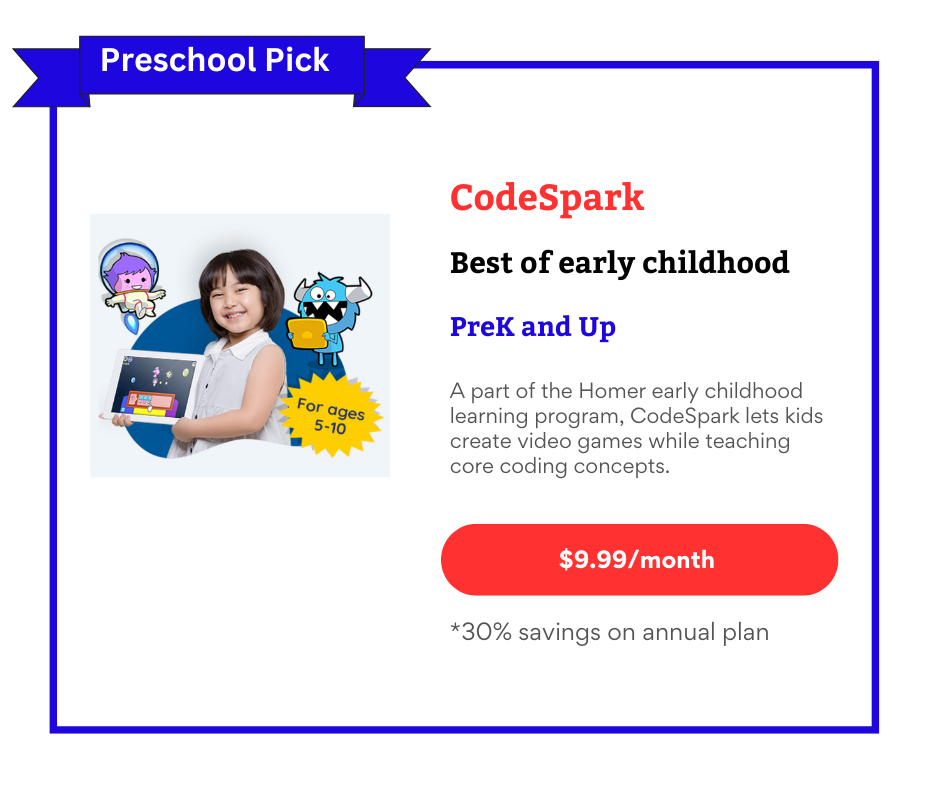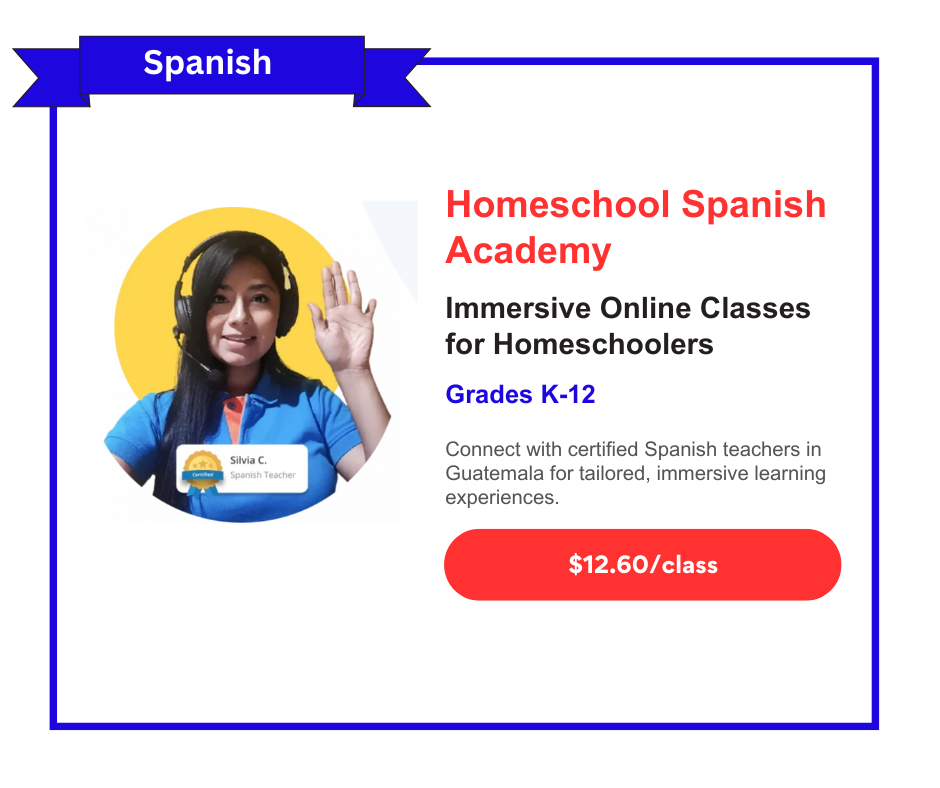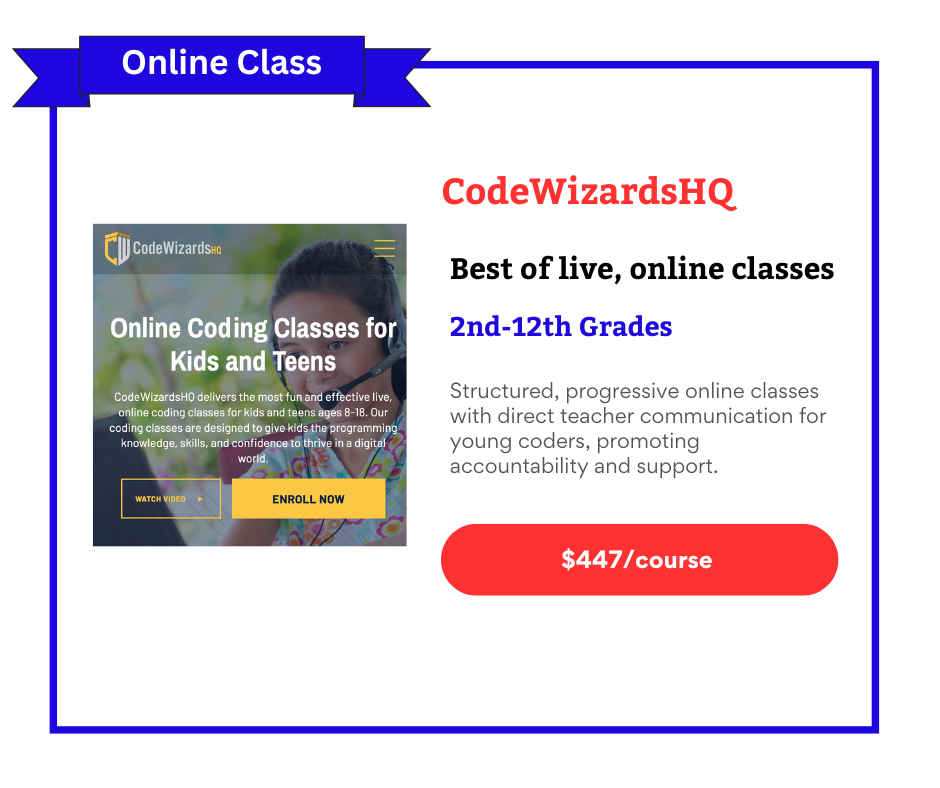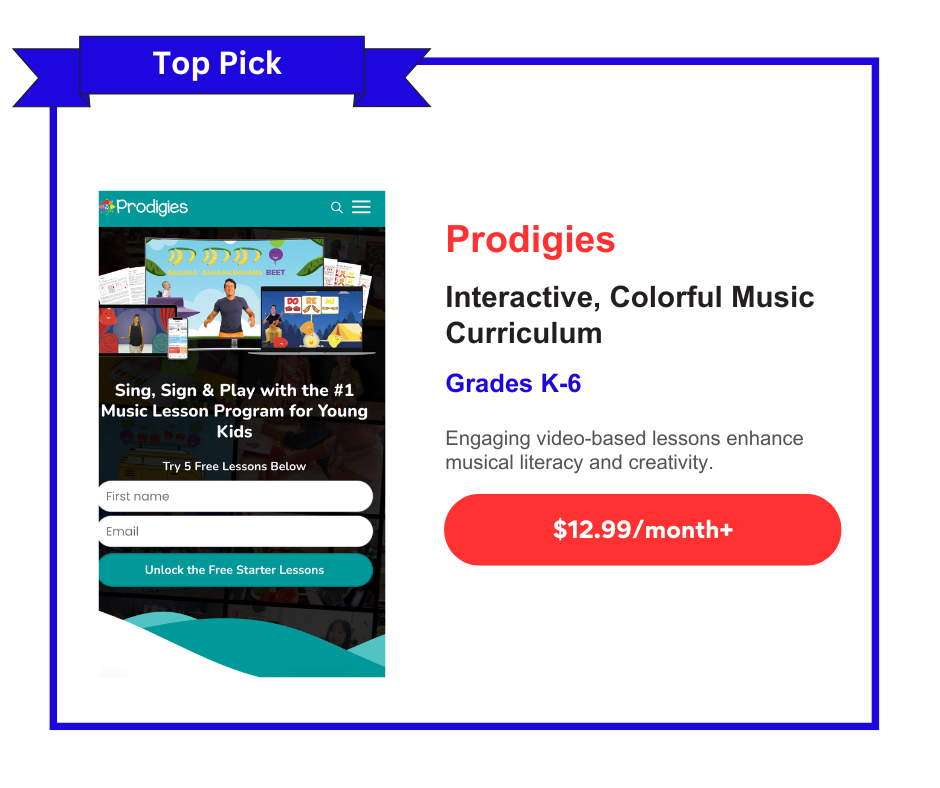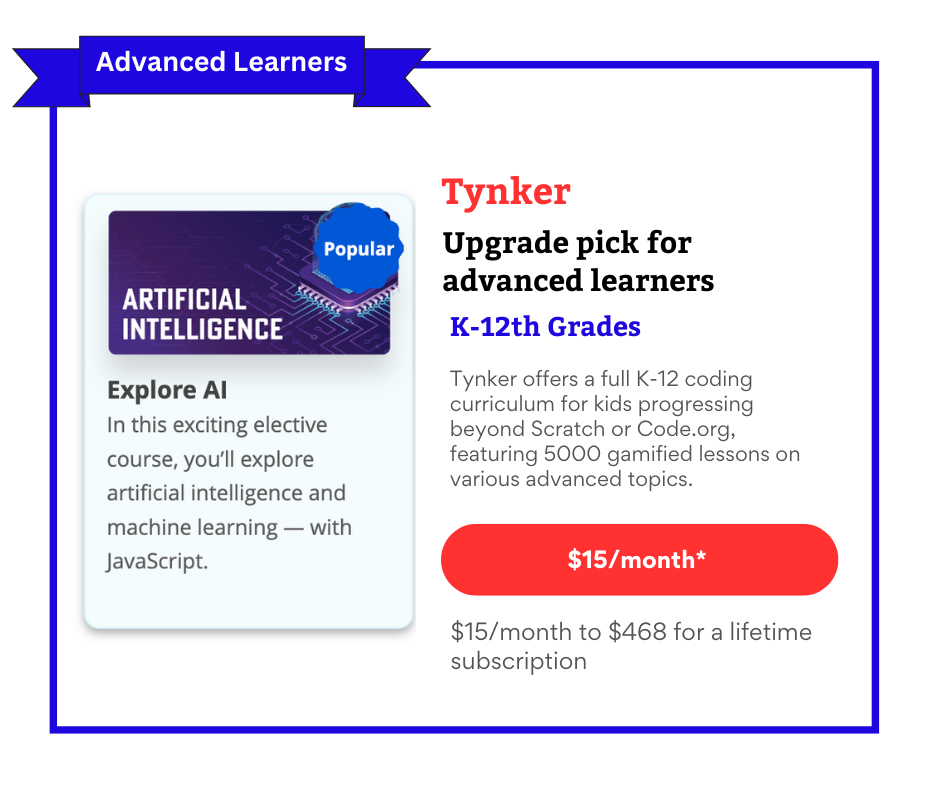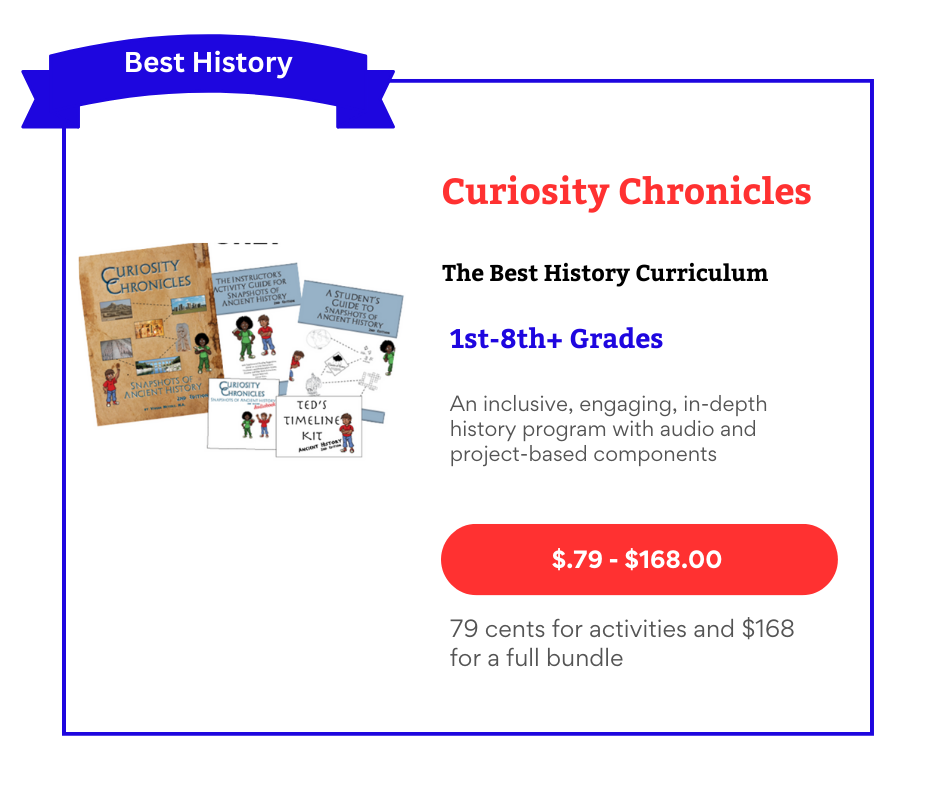Usborne Coding Books
Usborne's "Coding for Beginners" series, specifically the edition focusing on Scratch, is designed to make the basics of coding accessible and engaging for children. Usborne Publishing, established by Peter Usborne in 1973, has a long history of creating educational and engaging books for children. The "Coding for Beginners" series was developed to address the growing need for early coding education, aiming to make programming accessible and fun for young learners. Peter Usborne, a pioneer in educational publishing, envisioned a series that would simplify complex concepts and spark children's interest in technology. Usborne's books have been celebrated for their quality and educational value, winning numerous awards and becoming staples in homes and schools worldwide (Usborne Be Curious) (Usborne Be Curious).
Differentiation: What Makes It Special The "Coding for Beginners" series is unique in its visual and interactive approach to teaching coding. By using Scratch, a graphical programming language developed by MIT, the series breaks down coding into manageable, engaging steps. This hands-on, project-based learning method makes the abstract concepts of coding tangible and enjoyable for children (Usborne Be Curious) (Usborne Be Curious).
How to Get Started To start with the "Coding for Beginners" series, parents can purchase the books from Usborne’s website or other major booksellers. The series requires minimal preparation and is designed to be 'open and go,' making it easy to integrate into homeschooling. Each book begins with setting up a Scratch account and guides the user through the initial steps of coding projects (Usborne Be Curious).
How It Works The series encourages regular, short coding sessions, ideally 20-30 minutes daily, to help children build and retain their skills. The activities are designed to be largely independent but offer opportunities for parent involvement, particularly when troubleshooting or discussing the projects. Each project builds on the previous ones, gradually increasing in complexity (Usborne Be Curious) (Usborne Be Curious).
What Educational Content It Includes
Introduction to coding and computational thinking
Creating games and animations using Scratch
Step-by-step visual instructions
Progressive projects that build coding skills
Logical thinking and problem-solving exercises (Usborne Be Curious) (Usborne Be Curious)
What’s Good About It Users love the series for its engaging, visually appealing content that keeps children interested in learning. The clear, step-by-step instructions and the immediate, tangible results of coding projects help boost children's confidence and enthusiasm. Parents appreciate the ease of use and the educational value it brings to their homeschooling curriculum (Usborne Be Curious) (Usborne Be Curious).
What Could Be Improved While the series is excellent for beginners, some users feel that it could benefit from more advanced challenges for children who quickly master the basics. Additionally, incorporating more detailed explanations of the underlying coding concepts could help in transitioning to more complex programming languages (Usborne Be Curious).
Advice from Parents Parents recommend supplementing the series with practical coding sessions and additional resources to deepen understanding. They also suggest using online communities or forums where children can share their projects and get feedback, which can enhance their learning experience and motivation (Usborne Be Curious).
Who It’s an Ideal Fit For The "Coding for Beginners" series is ideal for young children who are new to coding, particularly those aged 7 and above. It suits learners who thrive on visual, hands-on activities and is perfect for homeschooling parents seeking a structured yet flexible coding curriculum (Usborne Be Curious).
Who It’s Probably Not a Fit For Children who have advanced coding skills or prefer more theoretical learning might find the series too basic. It may also not suit learners who are less engaged by visual or project-based instruction (Usborne Be Curious).
Grades K-5
Cost $14.99 per book
Ways to Get It The series is available for purchase through Usborne’s website, major booksellers, educational stores, and libraries (Usborne Be Curious).
Affiliate Disclaimer: Some links on our site are affiliate links, which means Modulo may earn a small commission if you purchase through them (at no cost to you). Rest assured, we only recommend resources we’ve rigorously vetted and truly love—affiliate link or not. Thank you so much for supporting our work!
Explore More We Recommend

Explore real parents' experiences with Prodigy the Game as a learning tool for their children. Discover the pros, cons, and key tips for utilizing this engaging, game-based math platform effectively. Learn who it's best suited for and how to maximize its educational benefits.
Are you considering Beast Academy for your child's math education? Read this comprehensive review by an experienced math teacher to find out if it's the right fit for your child's learning needs.
Discover Hopscotch, a creative coding app for kids that combines fun, interactive learning with game design. Ideal for homeschoolers, beginners, and young innovators!
Discover Play The Forest School Way, a must-have for nature-inspired learning, offering creative games and crafts to bring outdoor education to life.
QuantumCourses delivers an engaging science program for grades 7–9 with 50 experiments, hands-on learning, and a discovery-driven approach that sparks curiosity.
The Raspberry Pi, developed by Eben Upton and his team at the University of Cambridge, was created to address declining interest in computer science among students. Designed as an affordable, programmable computer, it aims to make computing accessible to all. Celebrated for its affordability, versatility, and active global community, the Raspberry Pi is widely used in education, industry, and hobbyist projects. It’s ideal for homeschooling, offering structured learning in programming, hardware interaction, and problem-solving through hands-on projects. With a broad age range suitability and cost-effective options, the Raspberry Pi provides an engaging and impactful STEM education tool, despite a learning curve for beginners.
Homeschooling has never been more exciting or overwhelming. With thousands of programs available, narrowing down the best of the best was no small feat. First, we scoured two years of homeschooling forums and 5000+ keywords in google search to identify the most requested resources by families. Then we went back and looked at their recommendations. We paid special attentions to recommendations by teachers, scholars and subject experts homeschooling their kids. Then, we spent five years testing these programs with our own students in Modulo’s tutoring program.
Right Start Math review: For a highly visual, and hands-on math curriculum, Right Start Math is a favorite mastery-based choice for families that dislike worksheets. A phenomenal option for kids who thrive with hands-on-learning, gifted kids, and also children with dyscalculia.
Inquiry-based learning is a dynamic educational approach that places students at the center of their own learning process. Instead of passively receiving information, students actively engage in questioning, exploring, and discovering, fostering deeper understanding and critical thinking. Rooted in constructivist theories, this method encourages learners to connect knowledge to their own experiences, making education more meaningful and relevant. By emphasizing curiosity and problem-solving, inquiry-based learning prepares students to tackle real-world challenges with creativity and confidence, offering a transformative alternative to traditional instruction.
Dive into our comprehensive review of Blossom and Root, a secular, nature-based homeschool curriculum that combines flexibility with a rich integration of the arts and literature. Discover how it can transform your homeschooling experience.
Discover Wild Reading, the innovative homeschool reading curriculum that blends nature exploration with foundational literacy skills, designed to engage and educate young readers.
Explore how Duolingo transforms language learning into an engaging, gamified experience with our comprehensive review, ideal for homeschoolers seeking a flexible educational tool.
ScratchJr. The baby version of Scratch, Scratch Jr is a fun, simple program to use if Scratch is too challenging for younger kids. It includes guides for instruction and 75+ activities. Like Scratch, it is more exploratory and less directional, which some parents dislike.
Discover how to teach kids to code with Scratch, even if you're not a developer. Learn why Scratch is an effective tool, get pro tips from programmer parents, and explore resources to supplement Scratch learning.
Dive into our detailed review of Torchlight Curriculum, a top choice for families seeking a creative and secular approach to homeschooling. Learn about its innovative methods and how it stands out in promoting critical thinking and independent learning.
Discover how Night Zookeeper transforms homeschooling with a creative writing program that excites and educates. This in-depth review by Manisha Snoyer covers everything from getting started to program benefits and practical tips for parents.
Discover how BrainPOP Homeschool transforms home education with interactive, multimedia content that covers a wide range of subjects, making learning both fun and effective. Ideal for K-8 students looking for a dynamic educational experience.
Explore Dinolingo’s innovative approach to language learning for children: a captivating, game-driven curriculum that excites and educates.
Explore our comprehensive review of CodeSpark, a leading coding app tailored for young learners, to see how it ignites a passion for technology and problem-solving.
Explore our in-depth review of Homeschool Spanish Academy, which pairs students with native Spanish-speaking teachers for an immersive online learning experience that is both flexible and effective
Dive into our detailed review of CodeWizardsHQ, where we analyze how this coding school excels in nurturing young programmers with its innovative, interactive classes. Perfect for K-12 students looking to advance in the digital world.
Explore how Prodigies Music Program transforms early music education with colorful, interactive lessons that engage and educate young learners. Perfect for homeschooling!
Discover the power of Thinkwell Homeschool's video-based courses, designed to bring dynamic, interactive learning to homeschool environments across diverse subjects.
Explore our comprehensive Tynker review to see how it uniquely teaches coding through interactive gameplay, making it ideal for young learners to develop essential tech skills.
Explore Curiosity Chronicles, the innovative secular history curriculum loved by homeschoolers. Founded by a homeschool mom, our top pick for history offers highly engaging learning experiences for kids within an inclusive curriculum.
Manisha Snoyer is an experienced educator and tech entrepreneur with over 20 years of experience teaching more than 2,000 children across three countries. She co-founded Modulo with Eric Ries to help families design personalized educational experiences. Prior to Modulo, she and Eric founded Schoolclosures.org, the largest relief effort for families during the pandemic that provided a hotline, free online math tutoring, and other essential resources to support 100,000 families. As a an early mover in alternative education, Manisha created CottageClass, the first microschool marketplace in 2015. She is dedicated to empowering families to build customized learning solutions that address academic, social, and emotional needs. Manisha graduated Summa Cum Laude from Brandeis University with degrees in French Literature and American Studies and minors in Environmental Studies and Peace & Conflict Studies.



